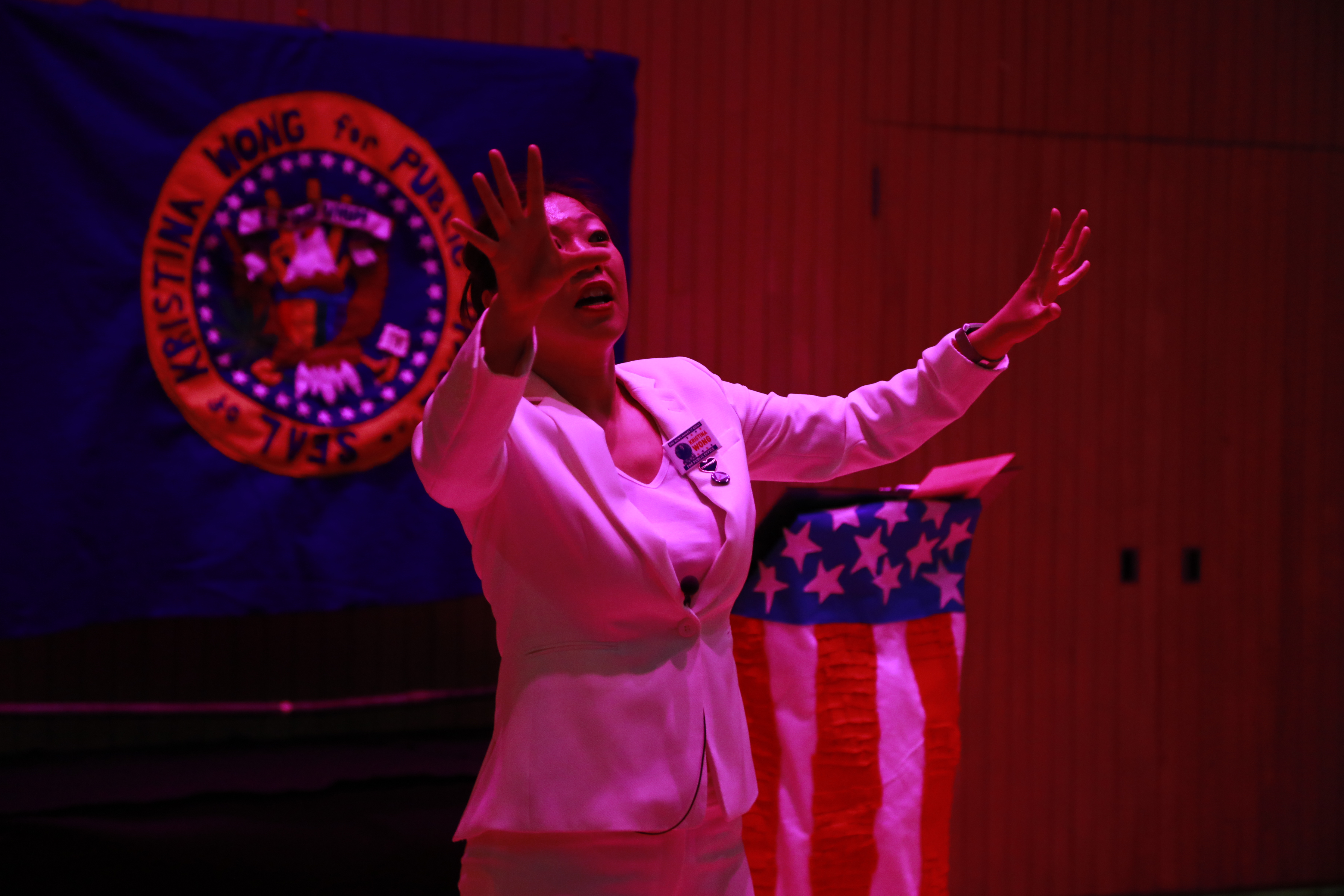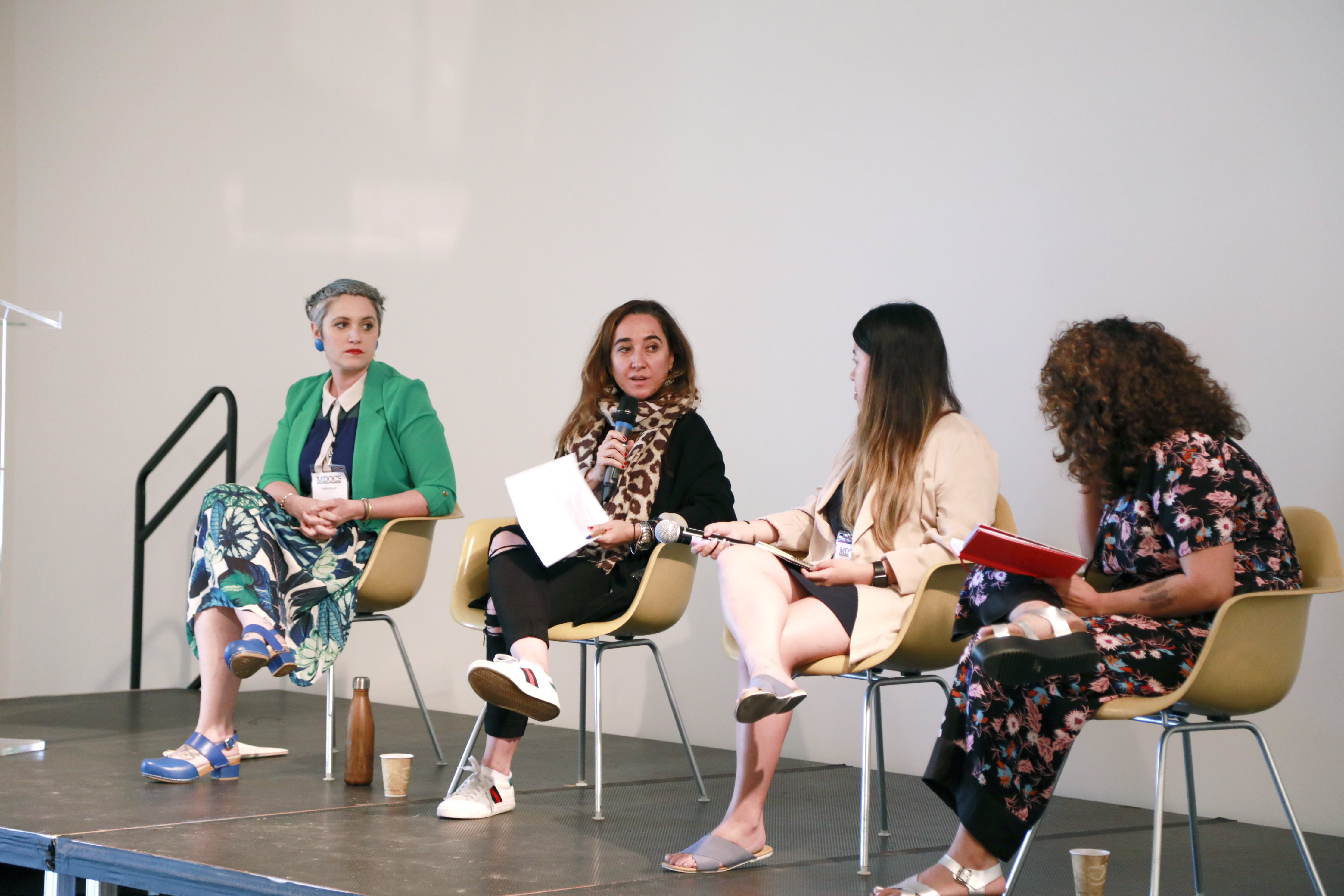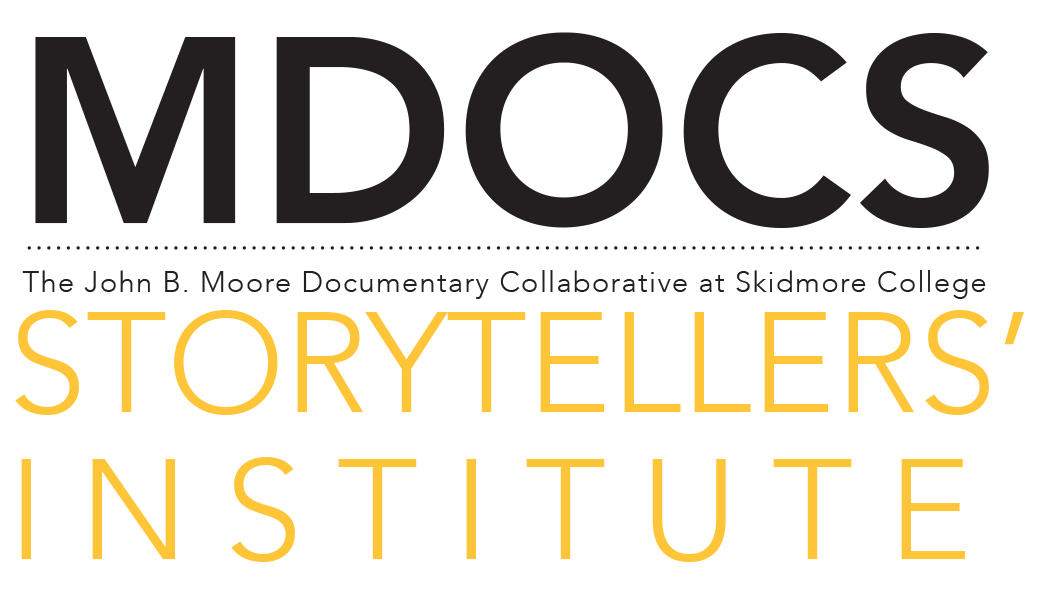 MDOCS Forum: Co-Creation and Its Discontents
MDOCS Forum: Co-Creation and Its Discontents
Skidmore College, Saratoga Springs NY
Forum dates: Due to the Covid-19 Pandemic, MDOCS Forum 2020 has been postponed to June 2021.
Proposal Deadline: Applications Deadline: December 15th
Accepted Applicants will be notified in mid-February.
$30 registration fee upon acceptance, which will be put towards meals for the weekend.
Limited scholarships available for registration and housing.
ABOUT FORUM:
Each June, Skidmore College’s John B. Moore Documentary Studies Collaborative (MDOCS) hosts a weekend-long Documentary Forum– public events combining festival presentations of artistic work with symposium-style conversations around an annual theme.
In 2017, we brought together makers, scholars, activists and students to explore Space & Place in Documentary. See the full list of events for 2017 Festosium II: Space & Place. In 2018, we engaged with the theme Surveil/Surveilled in documentary and analyze documentary as a form of surveillance, consider the ethics and legalities of observing and the vulnerability of being observed, learn how to protect from surveillance, and engage with the documentary material that surveillance systems yield to explore its storytelling and truth telling potentials. Read about the 2018 keynote speakers, Filmmaker Assia Boundaoui and Artist Hasan Elahi and see the Full 2018 schedule here! Last year, with keynote performances by Sam Green/Yo La Tengo and Kristina Wong, we questioned documentary’s entanglement with sobriety through Humor: Laughing With Reality. Seethe 2019 full schedule here.
This year our theme is Co-Creation and its Discontents–– This is a call to all collaborators, collectives and co-creators of knowledge! To those coming from activism, community organizing, and collective power building. To those willing to transgress artistic boundaries and academic disciplines in the urgent name of shared agency and more inclusive institutions!
HOW TO SUBMIT A PROPOSAL:
Deadline- December 15th
We accept proposals for creative and scholarly presentations in all mediums and disciplines, pre-constituted panels, individual papers or projects to be organized into a panel by the submission committee, work in progress presentations, and workshops. We are also interested in considering proposals by activist groups, community groups and institutions who have experience collaborating with makers. Proposals must be grounded in non-fiction-based work and the yearly theme.
We value multidisciplinary forms and will consider all mediums as long as the work is grounded in nonfiction and the yearly theme.
If your proposal is accepted, there will be a $30 registration fee to cover meals over the course of the weekend. A limited number of scholarships for the registration fee and housing are available. Scholarships will be prioritized organizations and individuals without institutional support for participation in conferences and people committed to staying for the entire weekend. If you are not awarded a scholarship, very low cost housing is available through Skidmore College for Forum weekend.
Accepted Applicants will be notified in mid–February.
ABOUT THIS YEAR’S THEME: CO-CREATION AND ITS DISCONTENTS
“At its core, the idea of co-creation seeks to reconcile systemic power and singular authority. This fundamental principle extends beyond the creative process within media making, compelling us all to interrogate fundamental ideas of ownership, meaning-making, attribution and—if we optimize the potential of co-creation—realize a more just society.” – by Katerina Cizek, William Uricchio, Juanita Anderson, Maria Agui Carter, Thomas Allen Harris , Maori Holmes, and Michèle Stephenson (from Collective Wisdom- PART 1: ‘WE ARE HERE’: STARTING POINTS IN CO-CREATION)
MDOCS Forum and Storytellers’ Institute invite you to join us in June, 2020 to think together about Co-creation and its Discontents. We are interested in building a conversation over the course of the weekend that complicates collaborative practices, not shying away from the fact that they can be incredibly frustrating, deeply flawed, and even exploitative. However, we also wish to explore the different ways that non-fiction artists collaborate, collectivize and co-create in order to engage with their participants and the public, ethically consider insider/outsider dynamics, push back against capitalism, and blur the lines between art and life.
As Claire Bishop states in “The Social Turn: Collaboration and its Discontents”, “…the creative energies of participatory practices rehumanizes –or at least de-alienates–a society rendered numb and fragmented by the repressive instrumentality of capitalism. But the urgency of this political task has led to a situation in which such collaborative practices are automatically perceived to be equally artistic gestures of resistance: There can be no failed, unresolved, or boring, works of collaborative art because all are equally essential to the task of strengthening the social bond.” Bishop reminds us how such an overridingly ethical/political imperative to collaboration risks obliterating aesthetic valuations entirely. How can the non-fiction artist share power while maintaining an artistic vision? And for that matter, what is the nature and the limits of shared artistic vision?
Moreover, it asks too much ––is unrealistic, perhaps even utopian ––to see these co-creative practices as the answer to all of documentary’s ethical pitfalls or as a means to the end of capitalism as we know it. The power dynamics at play in all non-fiction art making practices (authorial, interpersonal, extractive, etc.) are implicit and perhaps even more pronounced in co-creative practice, where collaborators will inevitably fall across different positionalities and accesses to power. Working in these practices, it can be easy to be exploited, exploit our collaborators, and exploit our audiences. Pooja Rangan shows how easy it is to fall into the trap of “the pseudoparticipatory,” using collaboration as a tool for signaling at one’s own humanitarian impulses instead of actually sharing or building power.
How do activists and organizers work with makers and institutions without losing agency? How do institutions engage in power-sharing without extracting demands of collusion on communities who might have contrasting aims? To think about these and more questions, The John B. Moore Documentary Collaborative invites national and international documentary and non-fiction makers working in any medium to apply for the MDOCS Storytellers’ Institute and MDOCS Forum. We hope to convene makers, activists, educators, students, and institutions during the summer of 2020 to share examples, methodologies and best practices in non-fiction co-creation practice.
















